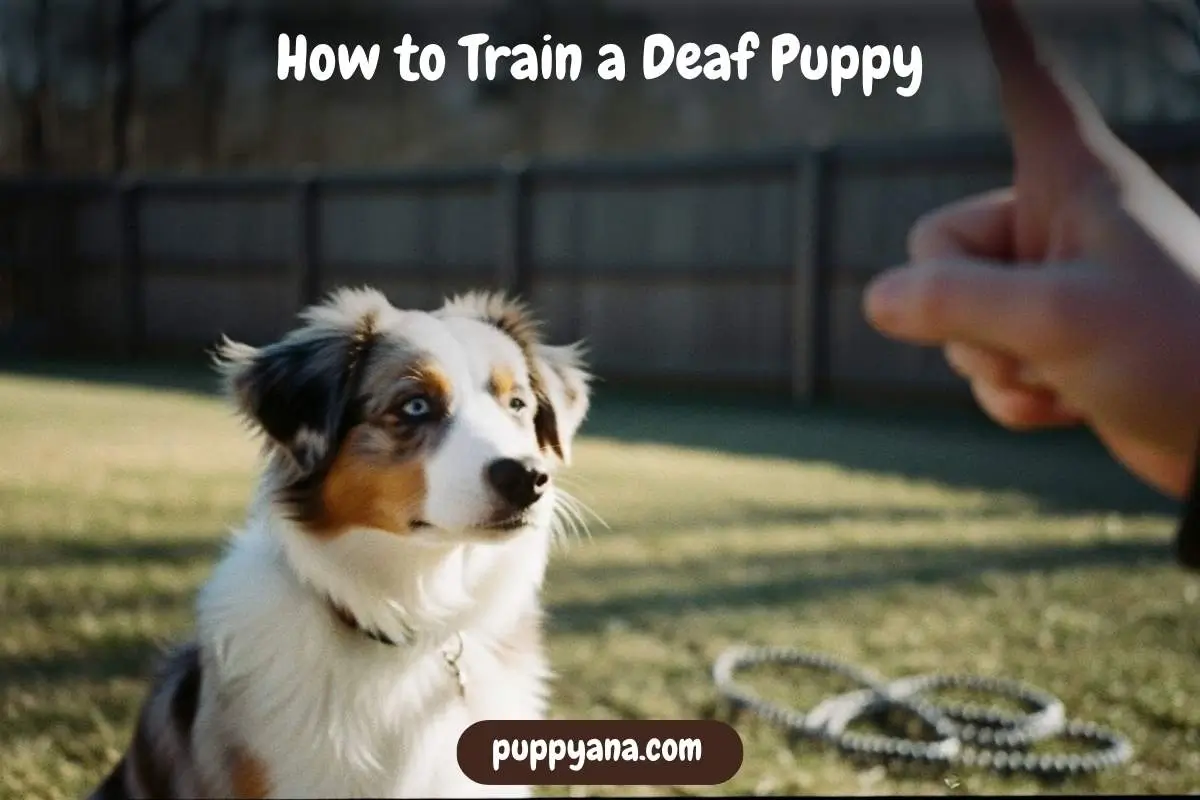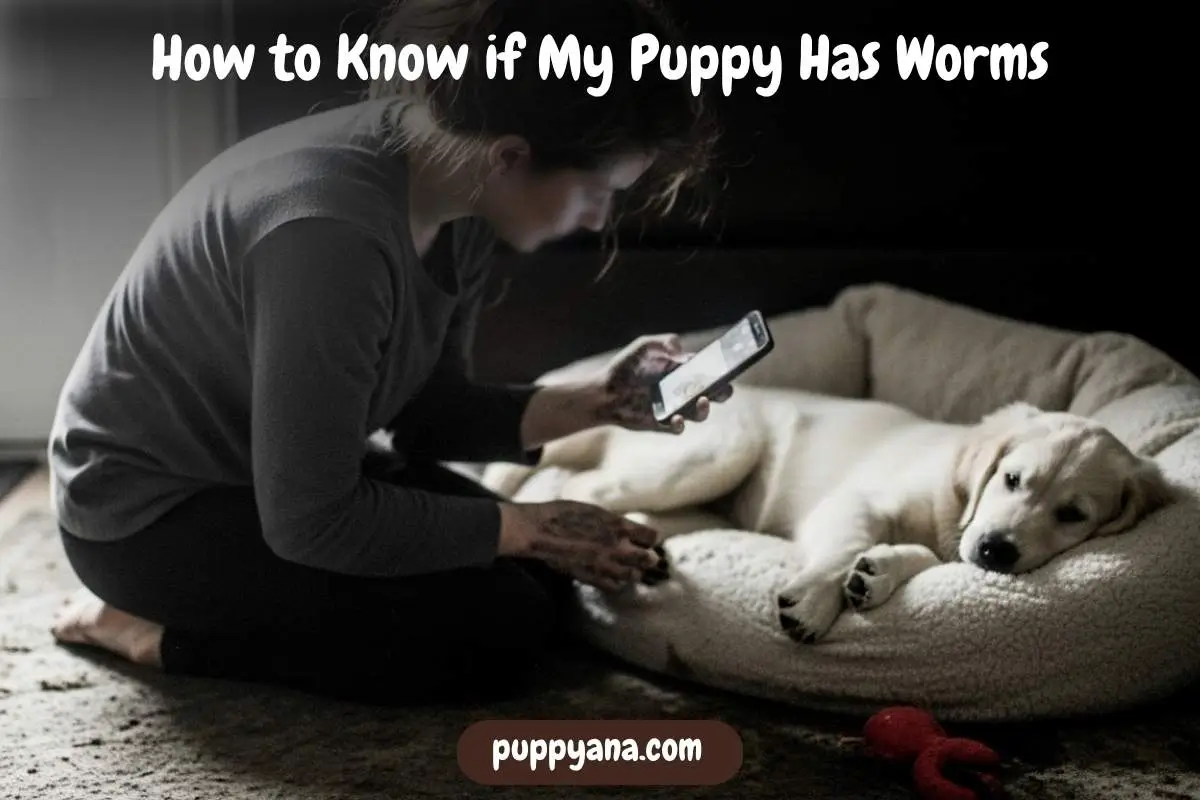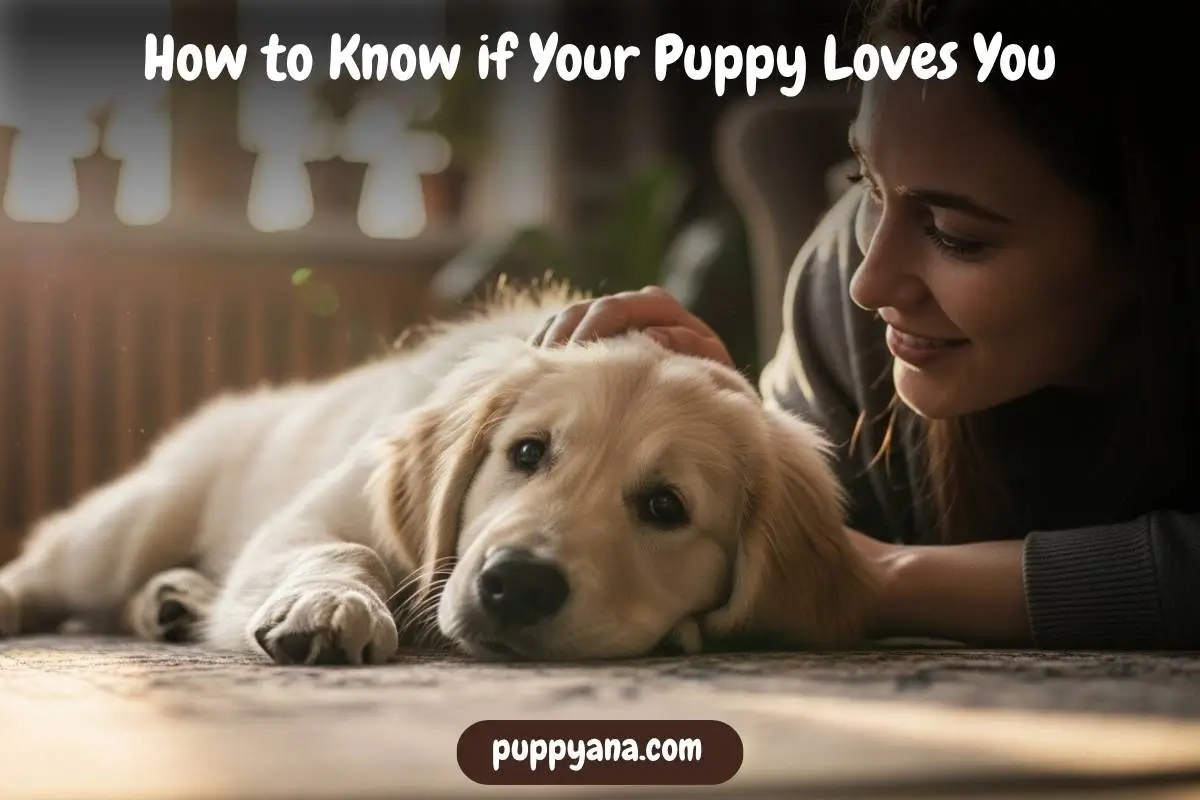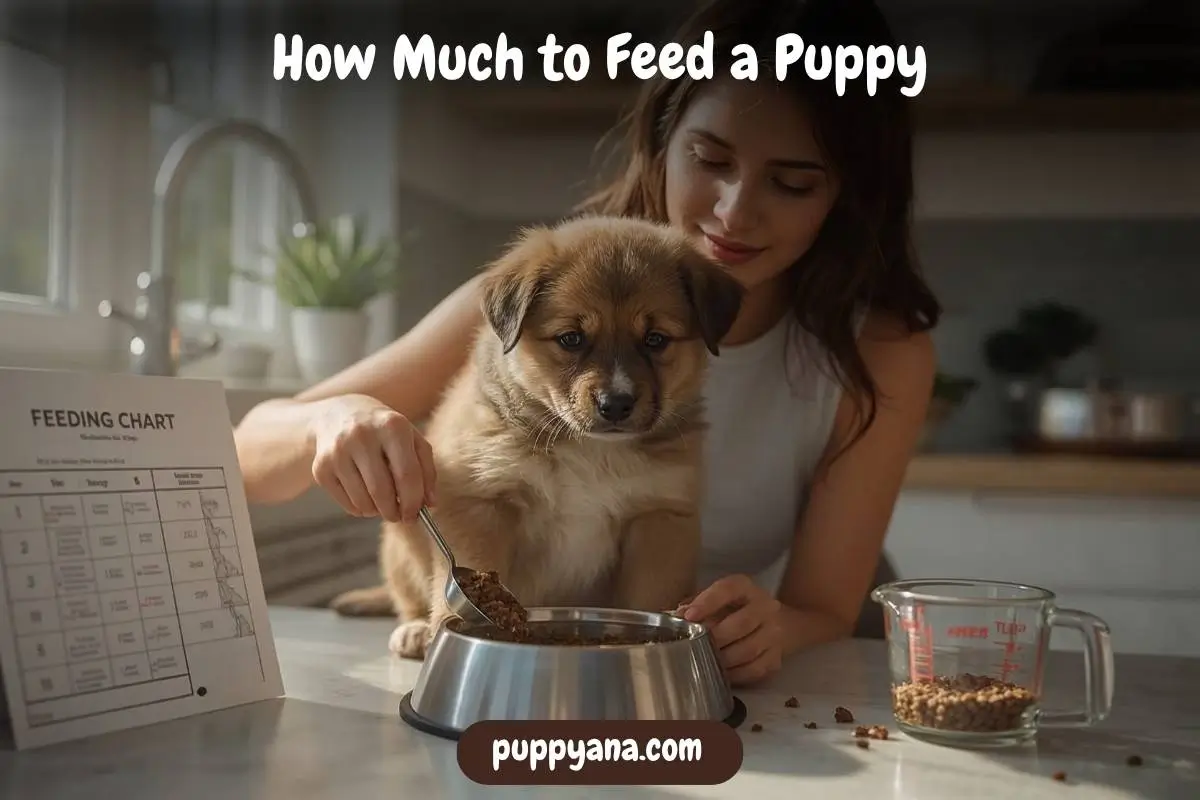It’s never fun when your dog has an upset stomach. One moment they’re fine, the next, loose, messy stool that leaves you scrubbing the yard, the rug… and everything in between.
So what should you do?
In this guide, we’ll walk you through how to stop diarrhea in dogs, what causes it, how to treat mild cases at home, which foods and remedies actually help, and when it’s time to call your vet.
Let’s break it down in simple, real-life steps.
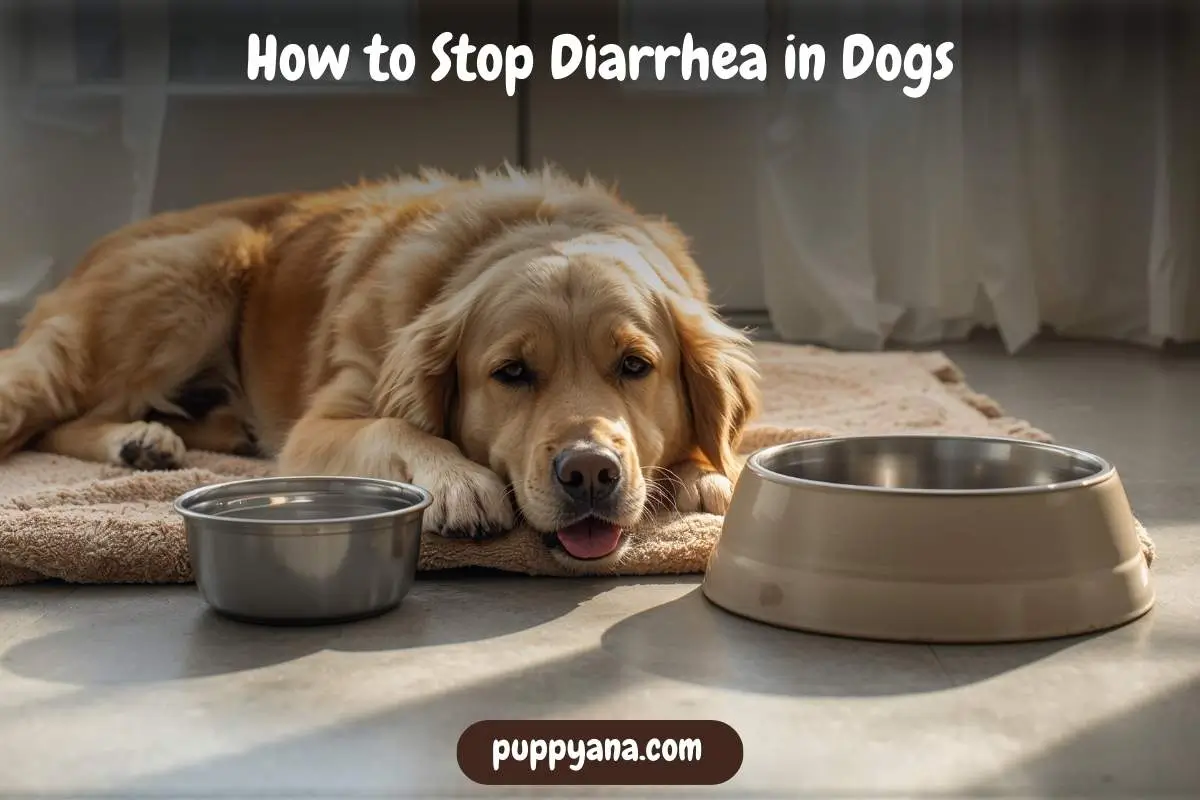
Table of Contents
ToggleWhat Causes Diarrhea in Dogs?
Before you can stop the problem, it’s key to understand where it comes from.
Common causes of diarrhea in dogs:
- Dietary indiscretion (eating trash, spoiled food, or new treats)
- Sudden food changes
- Parasites (like worms or Giardia)
- Infections (viral, bacterial, or fungal)
- Stress or anxiety
- Medications (especially antibiotics)
- Toxic plant or chemical ingestion
- Food intolerances or allergies
- Underlying health issues (like pancreatitis or IBD)
As noted by PetMD, most mild cases can be managed at home, but if it’s ongoing or paired with other symptoms, see your vet.
How to Stop Diarrhea in Dogs at Home
If your dog seems otherwise healthy (active, alert, and no vomiting), you can try helping them at home first.
7 Reliable Steps to Try:
1. Withhold Food for 12–24 Hours
Giving the digestive tract a short break allows inflammation to ease. Offer water only, and remove food (but not fluids) unless your vet says otherwise.
Important: Do not fast puppies or small breeds with low blood sugar risks. Skip this step for those dogs.
2. Keep Your Dog Hydrated
Diarrhea causes water loss and can lead to dehydration. Make sure your dog:
- Has access to fresh, clean water at all times
- Is drinking normally
- Is producing normal urine
If your dog won’t drink, try ice cubes or offer water using a syringe or dropper slowly.
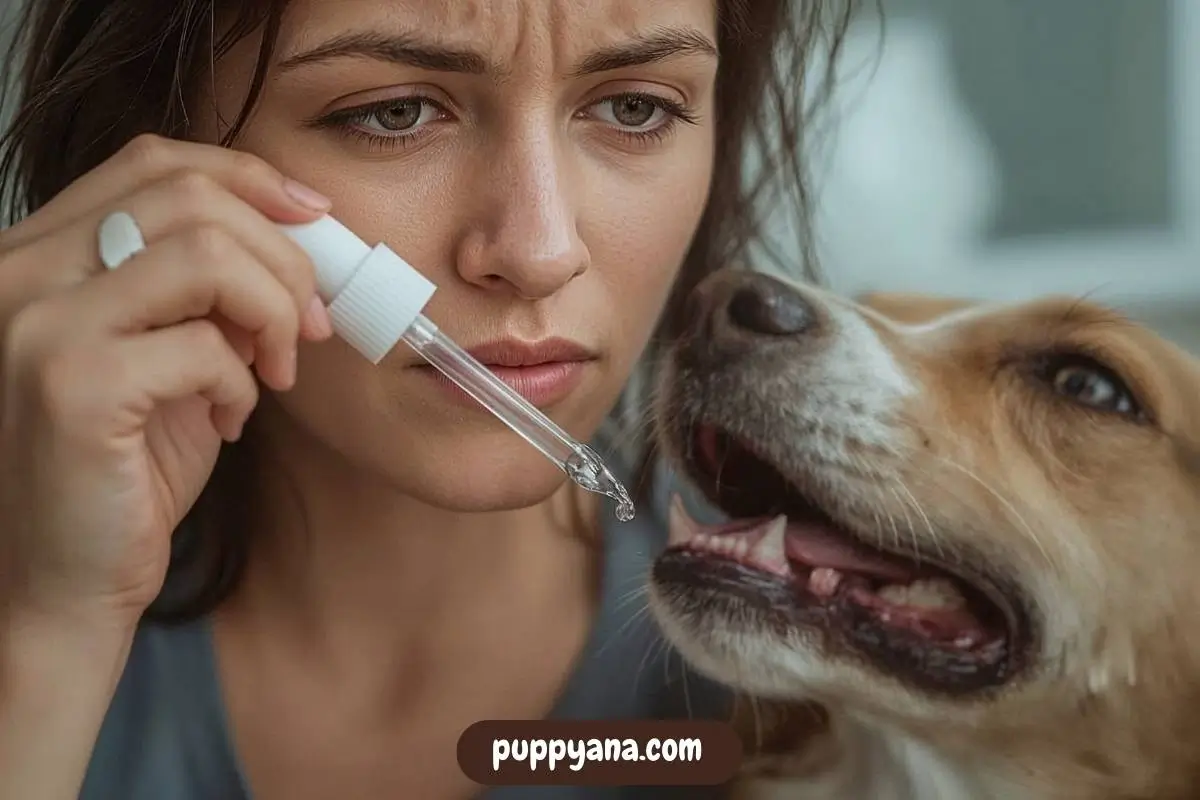
3. Offer a Bland Diet
Once the fast is over (or if you’re skipping the fast), offer:
- Boiled white rice
- Boiled boneless chicken breast
- Mashed pumpkin (plain, no spices)
- Boiled plain sweet potato
- Cottage cheese or scrambled egg (mild option)
Feed in small portions—every few hours. As stools firm up, slowly reintroduce their regular kibble.
Brands like PuppyAna Suggest digestive chews and freeze-dried bland meal toppers ideal for GI recovery.
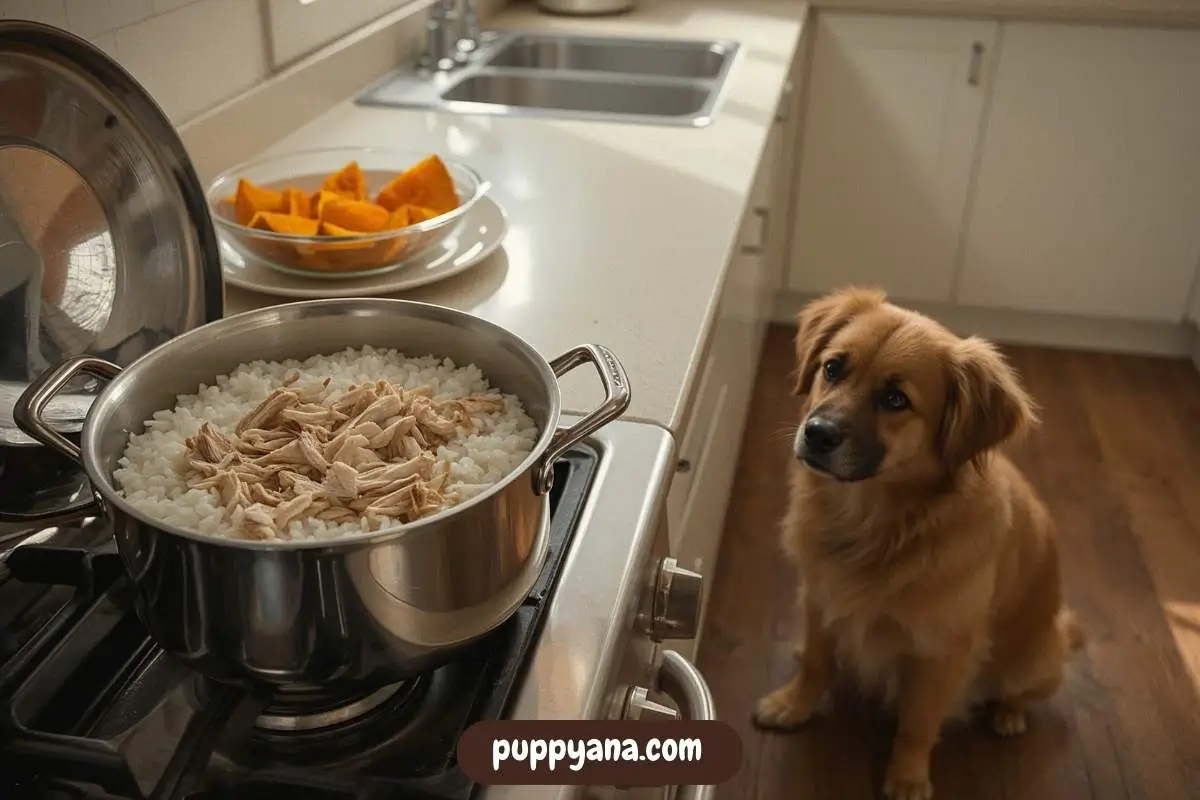
4. Add a Probiotic
Probiotics add good bacteria and normalize stool. Use:
- Vet-approved probiotic supplements
- Unsweetened plain yogurt (in tiny amounts)
Check with your vet before starting any supplement long-term.
5. Monitor for Red Flags
Home care is great, unless things worsen. Keep an eye out for:
- Vomiting
- Bloody or black stool
- Lethargy
- Refusal to drink
- Painful belly
- Diarrhea that lasts beyond 48 hours
These signs may need urgent care.
According to the AKC, persistent or severe diarrhea always warrants a vet visit.
6. Avoid OTC Human Medications
Never give dogs:
- Pepto-Bismol
- Imodium (loperamide)
- Tylenol
- Antibiotics not prescribed
Some of these are toxic, and others mask symptoms that need investigation.
Contact Your Vet If You’re Unsure
If anything feels off or if the diarrhea doesn’t improve, play it safe. Call your vet and describe:
- Stool appearance
- Frequency
- Any changes in appetite, behavior, or mood
The earlier you reach out, the easier it often is to treat.
When to Go to the Vet for Dog Diarrhea
Mild diarrhea is common. But some situations are more serious.
Call your vet if:
- Diarrhea lasts more than 2 days
- There’s vomiting or fever
- You see blood or mucus in the stool
- Your dog shows pain, shivering, or collapsing
- You suspect toxic exposure
- Your dog is under 6 months old
Your vet may perform:
- Fecal tests
- Blood work
- Hydration support (subQ or IV)
- Prescription meds or a diet plan
The ASPCA notes that stomach issues can signal deeper disorders, including parasites, ulcers, or pancreas problems.
Puppy Diarrhea, Extra Caution Needed
Puppies are delicate. Diarrhea can worsen fast and lead to dehydration, hypoglycemia, or serious infection.
Causes include:
- Overeating
- Parasites (like Giardia or worms)
- Incomplete vaccines
- Stress (changing homes, training)
- Food sensitivity
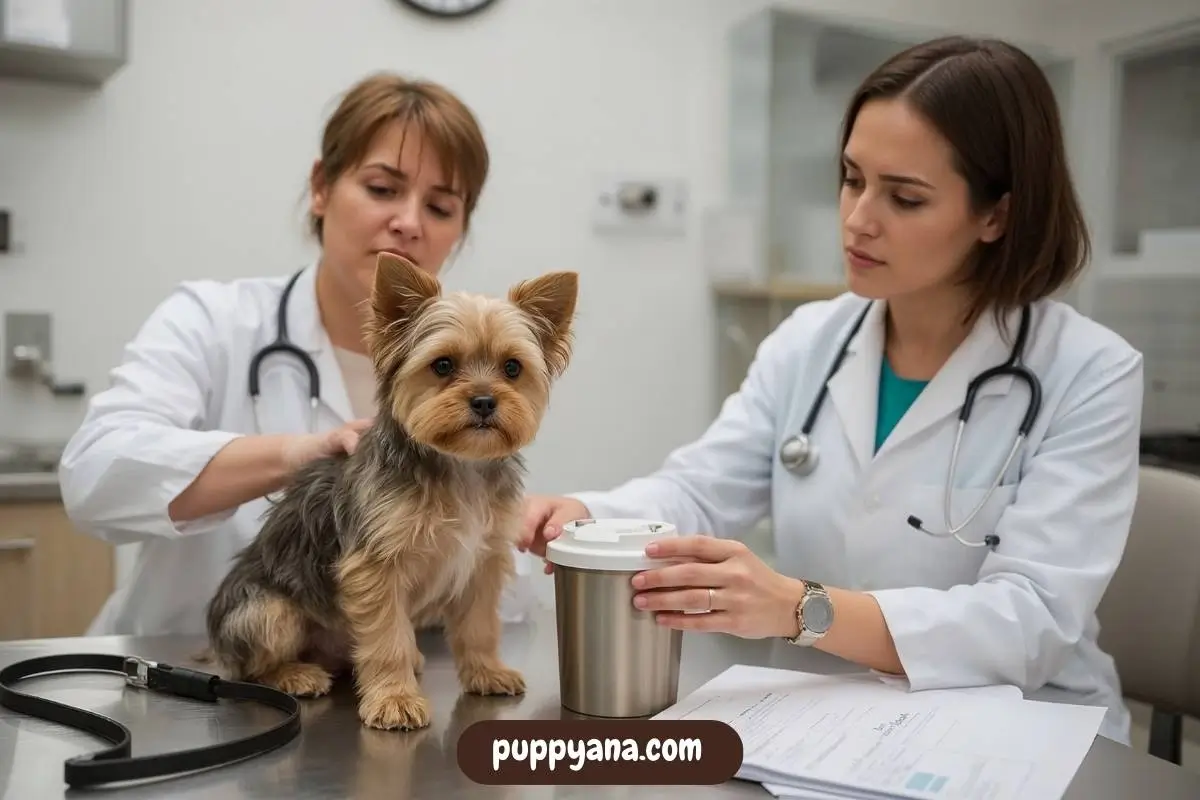
If your puppy has diarrhea:
- Skip home fasting, feed only gentle foods
- Offer fluids frequently
- Call your vet if it lasts more than 12–24 hours
Use vet-recommended bland recipes or PuppyAna’s gentle puppy-safe blend of soluble fiber and probiotics.
At-Home Remedies for Mild Diarrhea
Add one at a time (slowly). These can soothe your dog’s gut while you monitor recovery.
Recommended options:
- Canned pure pumpkin (1 tbsp for small breeds, up to 2–3 tbsp for larger dogs)
- Slippery elm bark powder (herbal soothing agent)
- Plain oatmeal (cooked)
- Bone broth (homemade, low-sodium)
Avoid ingredients like butter, oil, garlic, or spice.
Foods to Avoid During Diarrhea
Certain foods, even “healthy” human snacks, can worsen symptoms.
Avoid:
- Fatty meats
- Dairy (especially cheese or milk)
- Raw vegetables
- Table scraps
- Chicken skin
- Bacon, sausage
- Treats with artificial flavors or coloring
Stick to plain, boiled, soft foods until your dog returns to normal.
Diarrhea vs Loose Stool: What’s the Difference?
Not all soft stool is diarrhea.
Loose stool:
- Still has some shape
- Usually linked to short-term diet changes
Diarrhea:
- Watery or mucusy
- Lacks form
- Often, frequent, explosive, or urgent
- May signal infection or an imbalanced gut
If you see a transition from normal to liquid, or it contains bright red streaks, it’s true diarrhea and deserves closer attention.
Preventing Future Digestive Upsets
Some dogs just have sensitive stomachs. But good habits help reduce the risk of episodes.
Prevention Tips:
- Stick to a consistent, high-quality diet
- Avoid giving people food
- Add fiber gradually (like pumpkin, oats)
- Use dental chews or treats labeled gentle
- Store treats and trash containers securely
- Watch closely after boarding, grooming, or travel
PuppyAna’s Suggested Digestive Support Chews include real pumpkin, flaxseed, and probiotics — ideal for dogs with sensitive digestion or recurring loose stools.
Conclusion
So, how to stop diarrhea in dogs?
It starts with:
- Responding quickly
- Withholding food for a short time (if safe)
- Offering bland, gentle meals
- Keeping fluids steady
- Watching for signs of danger
If things don’t improve in 24–48 hours, call your vet.
Diarrhea is common, but it’s also a signal. The faster you act, the better your dog’s chances of a quick, clean recovery.
Stay calm, stay consistent, and when in doubt, ask for help from the pros.
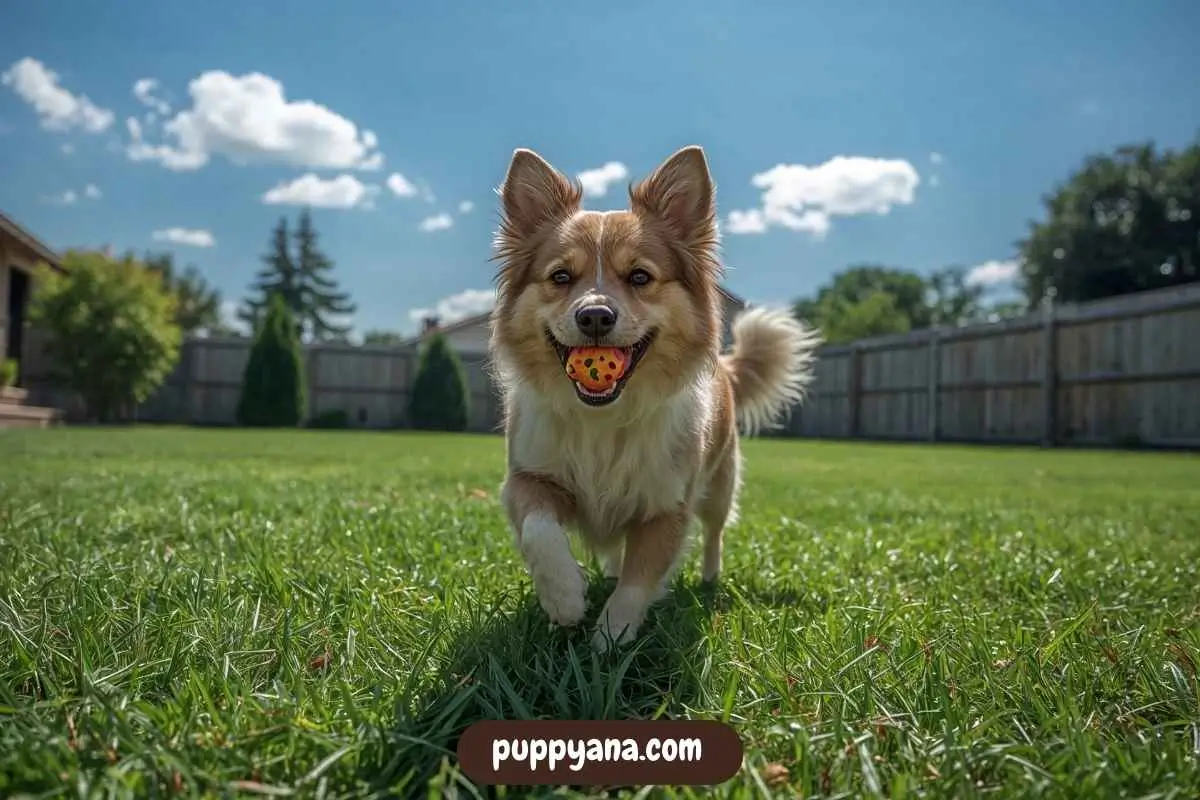
Frequently Asked Questions
How long does diarrhea in dogs usually last?
Mild cases clear up in 24 to 48 hours with home care. Longer than that? Call your vet.
What’s the best food for diarrhea in dogs?
Start with boiled chicken and rice or plain pumpkin. Avoid fats, seasonings, and dairy.
Should I take my dog out more often during diarrhea?
Yes. Prevent accidents and help your dog feel comfortable. Watch for urgency signs.
Is bloody diarrhea always an emergency?
Most times, yes, especially if it’s bright red or paired with lethargy, vomiting, or collapse.
Should I give fiber every day after diarrhea?
Fiber like pumpkin can be helpful long-term, but talk to your vet before making it daily.
Can I give my dog Imodium?
Only if prescribed. Some breeds (like Collies) react dangerously. Call your vet first.
Can stress cause loose stools?
Yes. Travel, separations, boarding, and new environments can all cause stress-related diarrhea.

